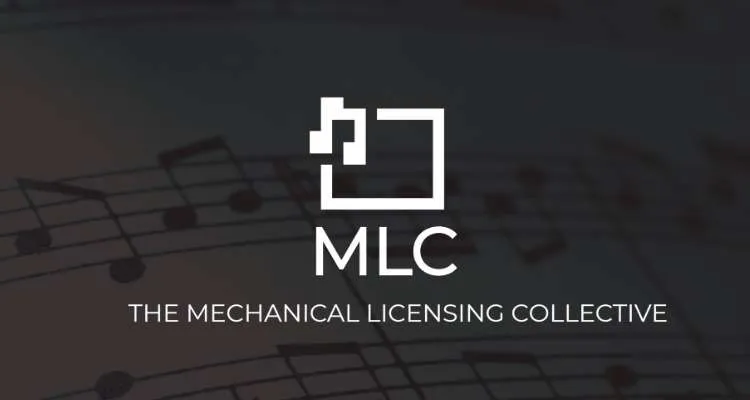Five days ago, sources revealed that smaller music streaming services were pushing back against the Mechanical Licensing Collective (MLC) over their perceived lack of input in the development process. Now, Digital Music News has learned that underlying disagreements center on the fees that these DSPs are required to pay.
After reading our initial report on the matter, another source reached out to elaborate upon the behind-the-scenes dispute at the MLC. The “main concern,” this individual told us, “is the fee that is payable by all DSPs whether or not they use the new blanket license.” Moreover, the third party provided a link to the corresponding “settlement” and stated that it “was not subject to public comment.”
According to the document, digital service providers have to cover the MLC’s startup fee ($33.5 million) via a “startup assessment,” or “the one-time administrative assessment for the startup phase of the Mechanical Licensing Collective.” This payment must be made alongside the first annual bill, which is due on February 15th, 2021; the second annual fee disclosure is due in November of the same year and must be paid by January of 2022, for a considerable overall obligation.
Total-wise, platforms “that have a Unique Sound Recordings Count” – or the average number of “royalty-bearing” works streamed or downloaded each month – of less than 5,000 will pay an annual minimum fee of $5,000, to a $60,000 annual minimum fee for those with over 5,000 such works. For DSPs that break the 5,000 threshold, it appears that 2021 will bring with it a low-end bill of $120,000.
Significantly, our source proceeded to indicate: “That’s just the minimum – the total assessment is dependent on market share, which is basically unpredictable at this point. And that’s on top of mechanical royalties for those who use the blanket license.”
The relatively steep costs could “wipe out some small DSPs,” the individual relayed, and potentially create a financial barrier that prevents new streaming services and digital service providers from entering the marketplace. And needless to say, streaming giants like Spotify, Apple Music, Amazon Music, and others won’t have a very difficult time covering the amounts. To be sure, they stand to benefit from the lessened competition associated with the possibility.
“It’s totally outrageous, unfair and anti-competitive,” the party said in closing. “Something must be done.”
About one month back, the Mechanical Licensing Collective officially revealed its Nashville headquarters. The flashy five-story office and retail building, called Three Thirty Three, is set to open sometime in spring. MLC higher-ups have reserved 333’s 17,800-square-foot second floor.



Didn’t the MLC already get their start up costs from the “Black Box Fund” which has accrued over $2.5 Billion resulting from Orphaned Royalties…?